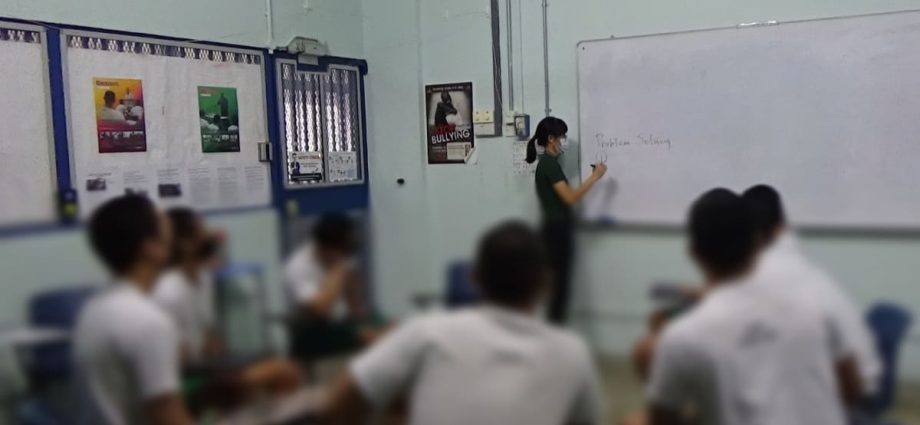
SINGAPORE: Drug reoffending rates in Singapore have gone up even as the overall recidivism situation remains “low and stable”, the Singapore Prison Service (SPS) said on Thursday (Feb 9).
According to its latest annual statistics, the two-year recidivism rate for the Drug Rehabilitation Centre (DRC)’s 2020 release cohort was 26.1 per cent, up from 24.5 per cent in 2019.
A two-year recidivism rate refers to the percentage of local offenders who were jailed, detained or sentenced to imprisonment or day reporting order within two years of their release.
The five-year recidivism rate for the DRC’s 2017 cohort, meanwhile, was 45.2 per cent, up from 44.3 per cent in 2016.
Singapore’s overall two-year recidivism rate for the 2020 release cohort was 20.4 per cent, which SPS said remains among the “lowest globally”.
This was between Japan’s rate of 15.1 per cent and Hong Kong’s 20.9 per cent, according to figures provided by SPS.
The agency noted however that “ex-offenders may not remain crime- or drug-free in the longer term”, pointing to the overall five-year recidivism rate continuing to hover around 40 per cent since its 2013 cohort.
REINTEGRATION EFFORTS
SPS said that together with Yellow Ribbon Singapore (YRSG) and community partners, it supports inmates at the tail-end of their sentences with initiatives across counselling, befriending services as well as employment, housing and financial assistance.
Efforts are complemented by thousands of volunteers and dozens of religious and secular organisations who offer help and support to inmates’ families.
SPS said it would form a Desistor Network in the second quarter of 2023, comprising ex-offenders who have remained crime-free for an extended period of time.
The network will provide avenues for ex-offenders to connect through events and interest groups to support one another.
YRSG also prepares inmates and ex-offenders for the workforce through skills training, career placement services and support from career coaches.
In 2022, the statutory board provided employment assistance to more than 2,500 inmates – of which 94 per cent secured jobs largely in the wholesale and retail trade, transportation and storage, administrative and support services and accommodation and food services industries.

